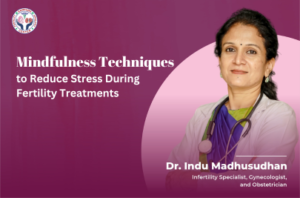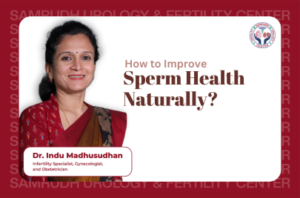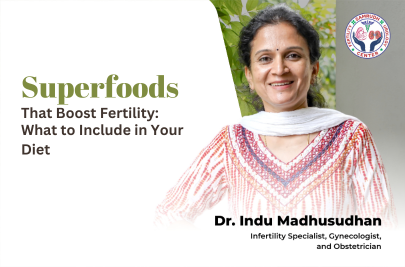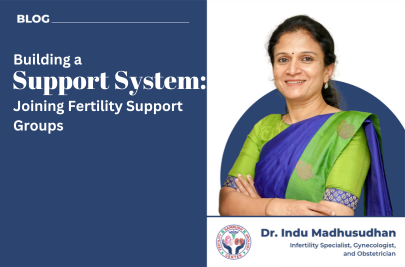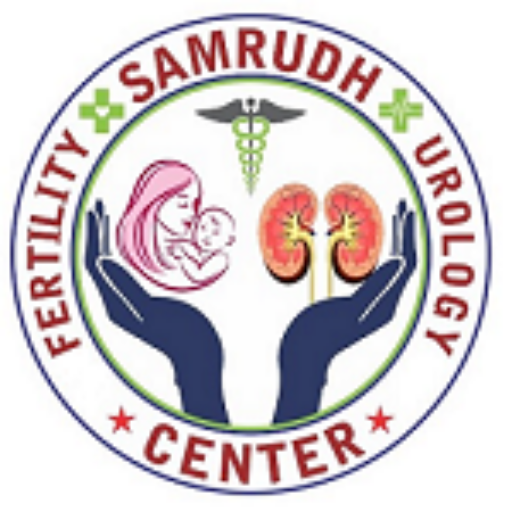Our gut plays far more than just a role in digestion—it’s the hub of our immune, metabolic, and even hormonal systems. Recent research is increasingly highlighting how our gut health can significantly influence reproductive wellness. From hormone balance to inflammation regulation, understanding this connection may provide new strategies to enhance fertility for both women and men.
Unveiling the Gut Microbiome
The gut microbiome is a vast community of bacteria, viruses, fungi, and other microorganisms residing primarily in our large intestine. These microbes perform essential functions such as nutrient extraction, vitamin production, and immune regulation. Often described as an “endocrine organ,” the gut microbiome helps modulate hormones by metabolizing compounds that circulate in our blood.
When this delicate balance is disrupted—a condition known as dysbiosis—it can lead to adverse effects like chronic inflammation, impaired nutrient absorption, and altered hormone levels. Such disruptions have been linked to reproductive challenges, ranging from irregular menstrual cycles in women to reduced sperm quality in men.
Hormonal Harmony Through Gut Balance
A critical aspect of reproductive health is the equilibrium of hormones. The gut microbiome plays a key role in metabolizing estrogen and other sex hormones through a collection of microbial genes known as the “estrobolome.” Enzymes produced by beneficial bacteria, such as beta-glucuronidase, help convert inactive hormone conjugates into active forms. When the balance of these bacteria is disturbed, hormone recycling can go awry—resulting in either estrogen dominance or deficiency.
For women, hormonal imbalances are often linked to conditions such as polycystic ovary syndrome (PCOS) and endometriosis. Emerging research suggests that a healthy, diverse gut microbiome may help modulate estrogen metabolism, leading to improved regularity in menstrual cycles and better conditions for conception.
Men are not exempt from gut-derived hormonal influences. Shifts in gut bacterial profiles may affect testosterone levels and sperm health. Achieving a balanced gut environment is, therefore, a step toward maintaining proper hormone levels essential for reproduction.
Inflammation: An Undercover Culprit
Chronic, low-grade inflammation is a frequent consequence of gut dysbiosis. When the intestinal barrier becomes compromised—a phenomenon often referred to as “leaky gut”—toxins and bacterial endotoxins like lipopolysaccharide (LPS) enter the bloodstream. These molecules trigger an inflammatory response that interferes with hormone production and disrupts the reproductive system.
For women, this chronic inflammation can adversely affect the uterine environment, reduce egg quality, and contribute to irregular cycles. In men, increased inflammation can damage sperm through oxidative stress. Reducing inflammation by restoring a healthy gut microbiome is therefore pivotal in promoting reproductive wellness.
The Gut-Immune Axis and Fertility
Approximately 70% of our immune system resides within the gut-associated lymphoid tissue (GALT). A balanced gut microbiome is essential for a well-regulated immune response. It not only protects against invading pathogens but also prevents an overactive immune system that could jeopardize embryo implantation or impair the reproductive organs.
By maintaining immune homeostasis through beneficial gut bacteria, our body improves its overall readiness for reproduction. In fact, certain probiotic strains have been associated with reducing risks of bacterial vaginosis and yeast infections—common issues that can compromise reproductive health in women.
Strategies to Optimize Gut Health for Reproductive Wellness
To harness the benefits of your gut microbiome for improved fertility, consider implementing the following strategies:
- Adopt a Fiber-Rich Diet:
A diverse intake of fruits, vegetables, whole grains, and legumes supports the growth of beneficial bacteria while aiding in the production of short-chain fatty acids (SCFAs) that help maintain the gut barrier and reduce inflammation. - Incorporate Probiotics and Prebiotics:
Fermented foods like yogurt, kefir, sauerkraut, and kimchi supply live beneficial bacteria, while prebiotic-rich foods such as garlic, onions, and asparagus provide the fuel these bacteria need to thrive. - Manage Stress:
Techniques like yoga, mindfulness meditation, and regular exercise lower stress hormone levels, supporting gut health and thereby promoting hormonal balance. - Exercise Regularly:
Physical activity boosts circulation and ensures efficient nutrient absorption, enhancing overall gut and reproductive health. - Avoid Unnecessary Antibiotics:
Only use antibiotics when absolutely necessary, as overuse can wipe out beneficial gut bacteria. When required, follow up with probiotics to help restore balance. - Stay Hydrated:
Adequate water intake is essential for maintaining the mucosal lining of the gut, which is crucial for nutrient absorption and toxin elimination.
Conclusion
In conclusion, the connection between gut health and reproductive wellness is both profound and multifaceted. A balanced gut microbiome supports hormonal equilibrium, reduces chronic inflammation, and modulates immune responses—all of which are integral to fertility. Whether you are experiencing irregular cycles, reduced sperm quality, or unexplained infertility, optimizing your gut health through targeted dietary and lifestyle changes may be key to enhancing your reproductive outcomes. Embrace a fiber-rich, probiotic- and prebiotic-loaded diet, manage stress effectively, stay active, and remain hydrated to build a solid foundation for reproductive health. As research continues to unfold, a holistic approach incorporating gut wellness strategies may well pave the way toward achieving successful conception and overall reproductive vitality.




